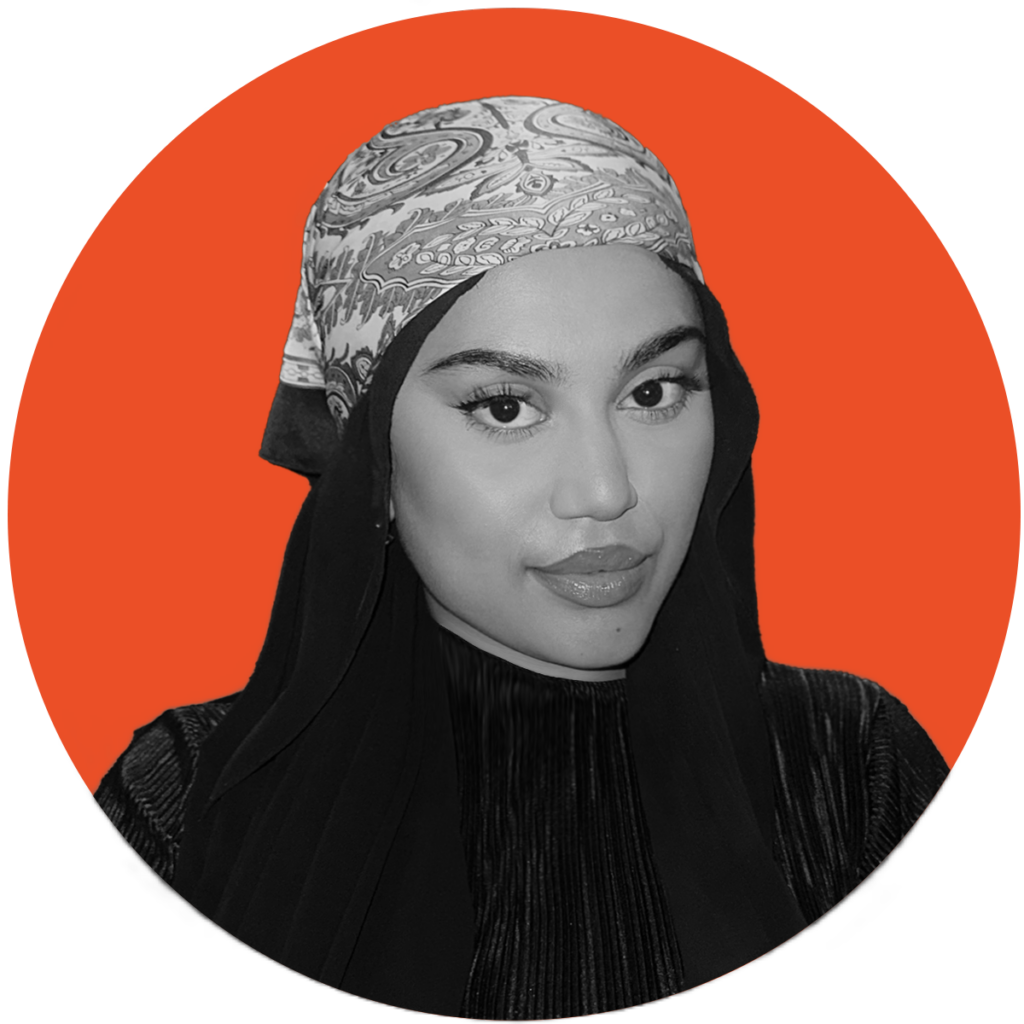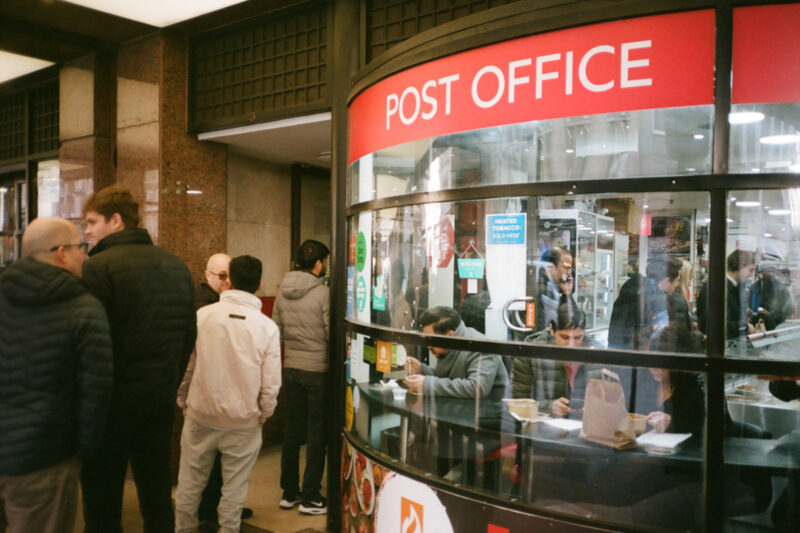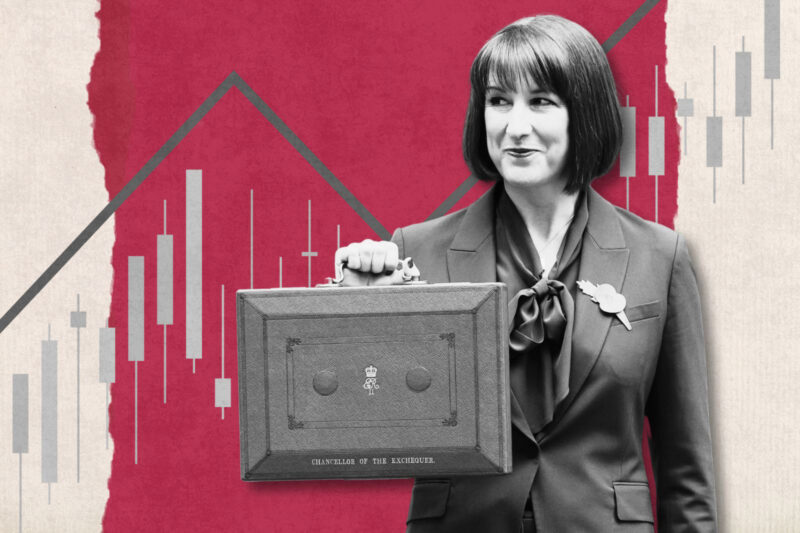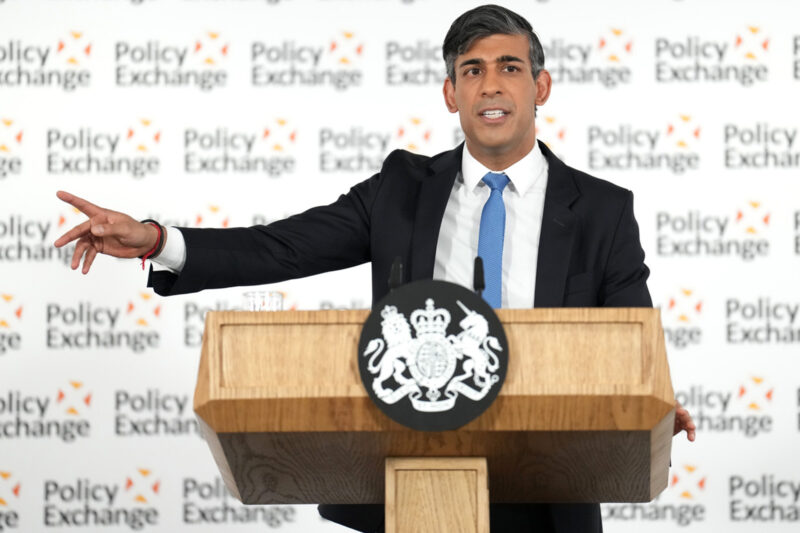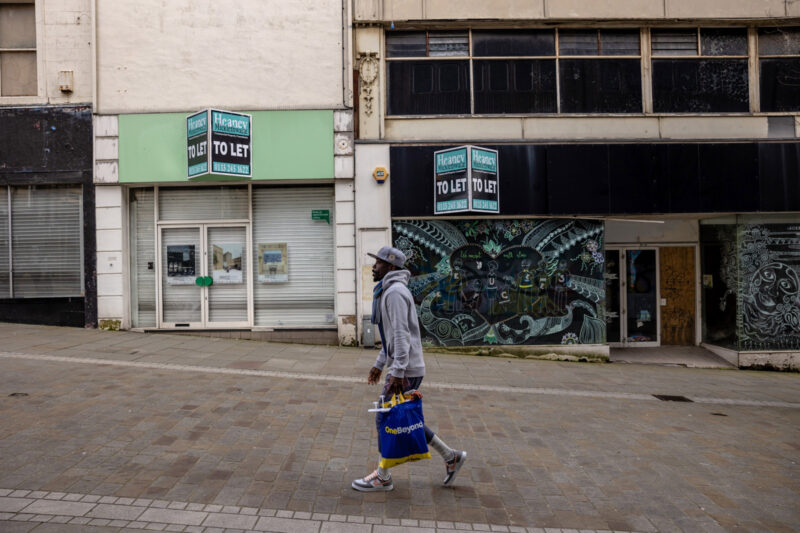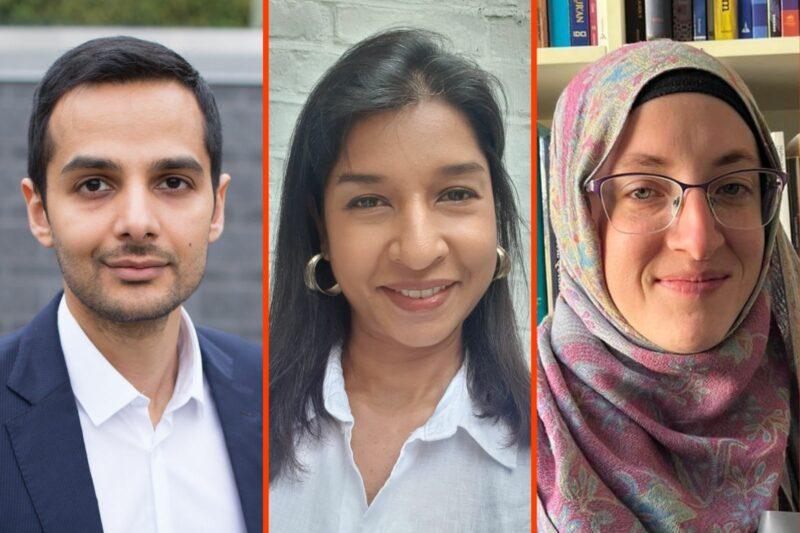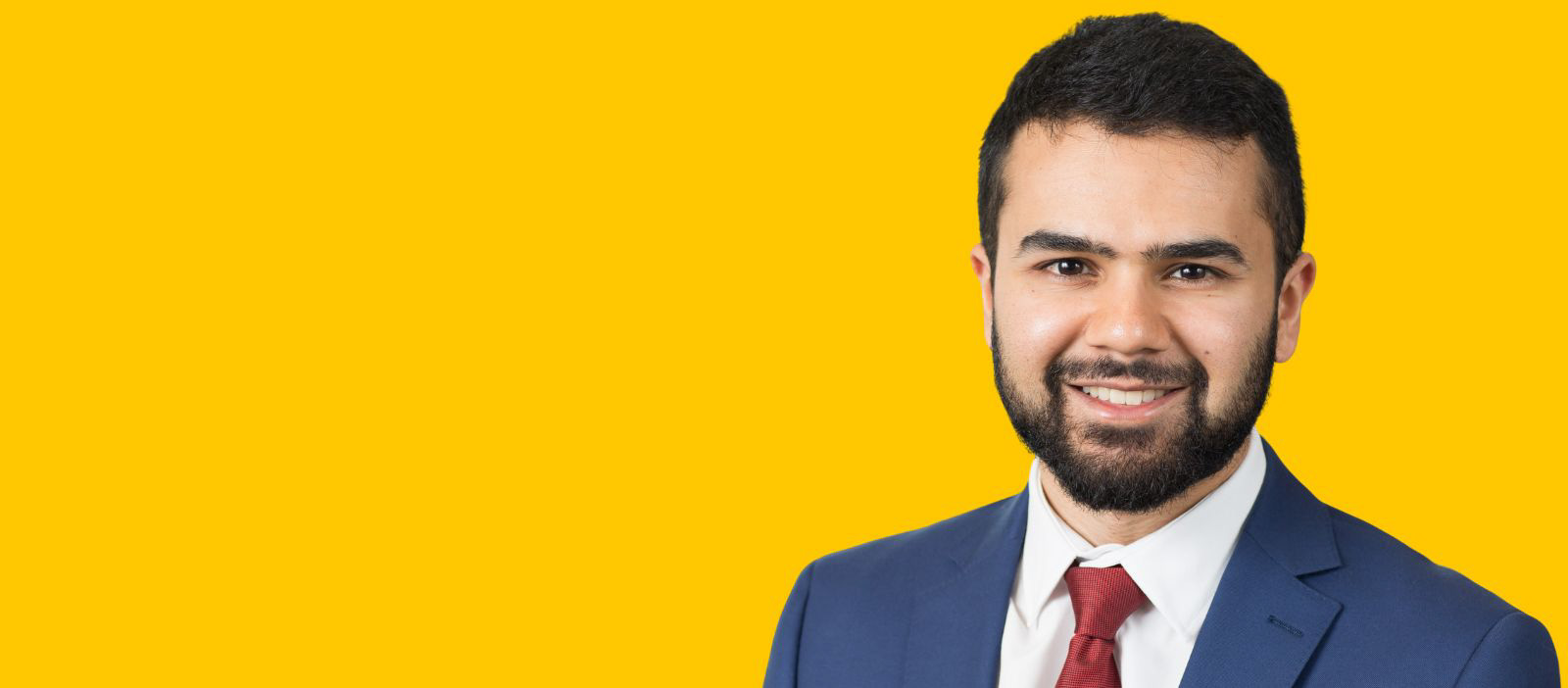
Areeb Siddiqui Q&A: ‘Do Muslims actually care about banking without compromise? Absolutely they do’
Photograph courtesy of Areeb Siddiqui
The halal money app CEO on helping people put their personal finances on a sound and Sharia-compliant footing
From finding an interest-free savings account to looking for Sharia-compliant products such as mortgages, CEO Areeb Siddiqui’s halal money app, Kestrl, hopes to solve Muslims’ personal finance dilemmas.
Before launching the start-up in 2019, Siddiqui — who grew up in London — worked in the financial services sector, for firms such as Deloitte and PwC, and studied for an MBA at Cambridge University’s Judge Business School.
The 32-year-old’s app has 25,000 users in the UK, and 300,000 in Malaysia through its partnership with Bank Islam. Although Kestrl is designed for Muslims looking to grow and invest their money without compromising their beliefs, up to 15% of its customer base are non-Muslims using it as a budgeting app.
Siddiqui spoke to Hyphen about how halal approaches to personal finance can help Muslims plan for the future.
This interview has been edited for length and clarity.
What motivated you to start Kestrl?
I was personally quite fed up with feeling like I was doing something wrong whenever I used my credit card or thought about taking out a mortgage, or even investing in a simple fund. For a Muslim, not only is interest forbidden, but it’s also a major sin to engage in it in any way. I was working in financial services at the time, helping big banks and wealth management firms to launch their own consumer apps and strategies. All of these things seemed fantastic but I myself, my family and friends couldn’t utilise any of them. I got disillusioned with the industry and left that behind.
How is Kestrl different from other personal finance apps?
We use open banking, you can plug in whatever bank accounts you have, pull in the data and then we create a financial plan for you based on your income, spending behaviour and what your goals are. We figure out your budget, and how much you can save, and then link you up with Sharia-compliant savings and investment products. We’re not just a Muslim money app in the UK, we partner with any bank that wants to better appeal to Muslim customers.
More than half of UK Muslims are struggling to pay one or more of their bills. With the cost of living affecting Muslims around the UK, how does Kestrl help people with their personal finances?
For people who think they are getting into debt, Kestrel can help them step-by-step with what they need to do next. For example, do you have more coming in than you have going out? Can you cut down on the non-essentials? Many people learned the hard way during Covid by not having an emergency fund which is a vital question we ask our customers. Most people don’t think about these things before going into saving or investing.
How do you appeal to older generations who might be reluctant to try online banking and personal finance apps?
Face-to-face appearances. We do a lot of roadshows, we invite people to our offices constantly and do events with our partners. We have spoken to people not just in London but Birmingham, Manchester, Edinburgh, and Cardiff where there are many older-generation Muslims who are of higher net worth. They want to see a face, it still matters to them. Having that physical presence matters as much as offering the best digital experience.
What trends have you seen among Muslim customers?
The interesting trend we’ve seen is that it is typically the men, especially aged 28 and younger, who are interested in investing — particularly in stocks. Women seem to be a lot more disciplined when it comes to saving plans. However, there is still a lot of education that needs to be done within our communities about the importance of doing this. There’s a real short-termism where people are looking to get the highest salary possible, but then to spend it as quickly as possible.
What has been the biggest challenge for you as a start-up company?
The biggest challenge has been the scepticism from all sides that you face as an Islamic fintech. On the one hand, there’s the Muslim audience themselves that you’re trying to help where they’ve been burned before by other Islamic banks – for instance, a typical Islamic mortgage is more costly overall than a conventional equivalent – it felt like you were being taxed for your religion. The other side of the coin is the scepticism you face from the investors who fund you, saying that Islamic fintech seems risky and quite niche, so why should they go for this? What that meant was that we had to focus on the fundamentals. Are we revenue-generating? Can we become profitable? Is this something customers actually want and need?
Why aren’t UK high-street banks offering Sharia-compliant banking options?
A few banks had the option back in the 2000s, for example HSBC and Lloyds, but the banks saw it as high-risk at the time so they started to offload high-risk areas and unfortunately, Islamic finance fell into that. As a community we are not very unified in our approach. When I speak to people at the big high street banks, they say if the demand is there they will offer it, but we need to prove that. They say: ‘Do Muslims actually care about banking without compromise? About banking in line with their faith?’ From what I see, absolutely they do, but we need to present a unified front to these banks to convince them to come into this again.
 Newsletter
Newsletter

